One of the highlights is the Ministry's The Ministry of Ethnic Minorities and Religions (DTTG) has advised and submitted to the Government to issue Decree No. 255/2025/ND-CP dated September 29, 2025, regulating the identification of ethnic groups facing many difficulties and specific difficulties in the period 2026-2030.
The important new point of the Decree is to decentralize the authority to approve the list of ethnic groups in difficulty to local authorities, helping authorities at all levels to be more proactive in developing and implementing ethnic policies suitable to the characteristics of each locality. This content continues to specify the provisions in Articles 9 and 10 of Decree No. 124/2025/ND-CP dated June 11, 2025, on decentralization, decentralization and clear division of authority between two levels of government in the field of ethnicity, belief and religion.

The Ministry of Ethnic Minorities and Religions will continue to organize inspection teams in a number of provinces to monitor the implementation of the two-level government model, evaluate practices, and provide guidance on removing obstacles.
Along with institutional work, the Ministry of Ethnic Minorities also promotes the improvement of the organizational structure. Implementing Plan No. 914/KH-BDTTG dated June 16, 2025, the Ministry has approved job positions and civil servant structure for affiliated units such as: Department of Planning and Finance, Academy of Ethnic Minorities, Journal of Ethnic and Religious Studies, Nha Trang Central Ethnic Minority University Preparatory School, bringing the total number of approved units to 15.
In addition, in order to improve the capacity of the staff in the context of transition to a two-level local government model, from September 25 to 27, 2025, the Ministry of Ethnic Minorities and Minorities organized an intensive training course on staff organization. The training course focused on disseminating new regulations related to the organization of the apparatus, assignment of tasks, and state management in the field of ethnicity and religion, helping cadres and civil servants promptly grasp new requirements and perform their tasks more effectively.
The implementation of the two-level government model in recent times has shown that difficulties and obstacles still exist, especially at the commune level - where people are directly in contact with people and essential public services are provided. Lack of facilities and infrastructure such as electricity, internet, working equipment, etc. are major barriers affecting the quality and efficiency of work. In addition, the increased workload due to decentralization and delegation of authority has made it difficult for some localities to arrange and assign tasks to staff and civil servants. Many places are still confused in handling complex situations related to ethnicity and religion.
Faced with this situation, the Ministry of Ethnic Minorities is continuing to review and summarize difficulties and obstacles, especially in localities with particularly difficult socio -economic conditions. At the same time, the Ministry will continue to organize specialized inspection teams in a number of provinces to monitor the implementation of the model, evaluate practices, and guide the removal of obstacles, thereby ensuring that policies and guidelines are implemented consistently and closely to the actual situation in each locality.
Son Hao
Source: https://baochinhphu.vn/chinh-quyen-2-cap-dong-bo-hoa-phan-cap-va-kien-toan-to-chuc-trong-linh-vuc-dan-toc-ton-giao-102250930180902552.htm


![[Photo] President Luong Cuong receives President of the Cuban National Assembly Esteban Lazo Hernandez](https://vphoto.vietnam.vn/thumb/1200x675/vietnam/resource/IMAGE/2025/9/30/4d38932911c24f6ea1936252bd5427fa)
![[Photo] Panorama of the cable-stayed bridge, the final bottleneck of the Ben Luc-Long Thanh expressway](https://vphoto.vietnam.vn/thumb/1200x675/vietnam/resource/IMAGE/2025/9/30/391fdf21025541d6b2f092e49a17243f)
![[Photo] Solemn opening of the 12th Military Party Congress for the 2025-2030 term](https://vphoto.vietnam.vn/thumb/1200x675/vietnam/resource/IMAGE/2025/9/30/2cd383b3130d41a1a4b5ace0d5eb989d)

![[Photo] General Secretary To Lam, Secretary of the Central Military Commission attends the 12th Party Congress of the Army](https://vphoto.vietnam.vn/thumb/1200x675/vietnam/resource/IMAGE/2025/9/30/9b63aaa37ddb472ead84e3870a8ae825)
![[Photo] The 1st Congress of Phu Tho Provincial Party Committee, term 2025-2030](https://vphoto.vietnam.vn/thumb/1200x675/vietnam/resource/IMAGE/2025/9/30/1507da06216649bba8a1ce6251816820)


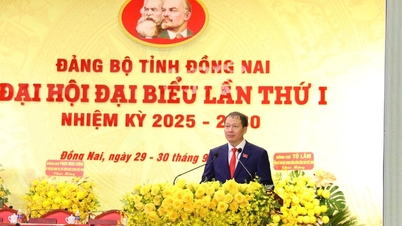











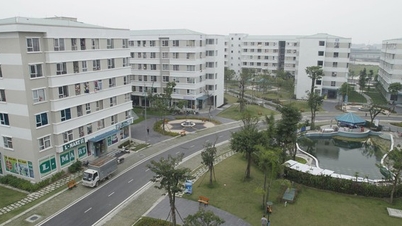
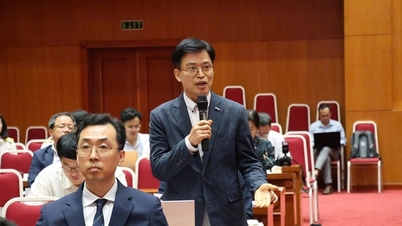
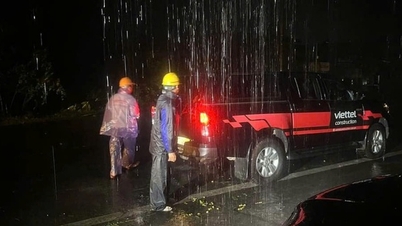
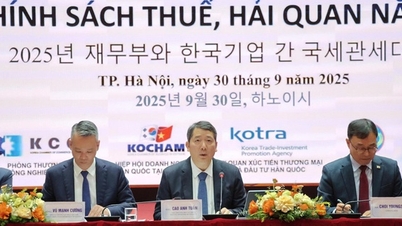
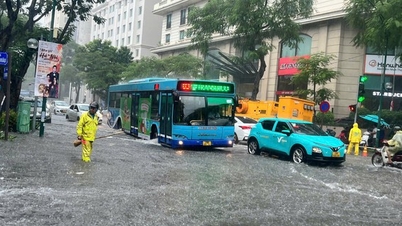



































































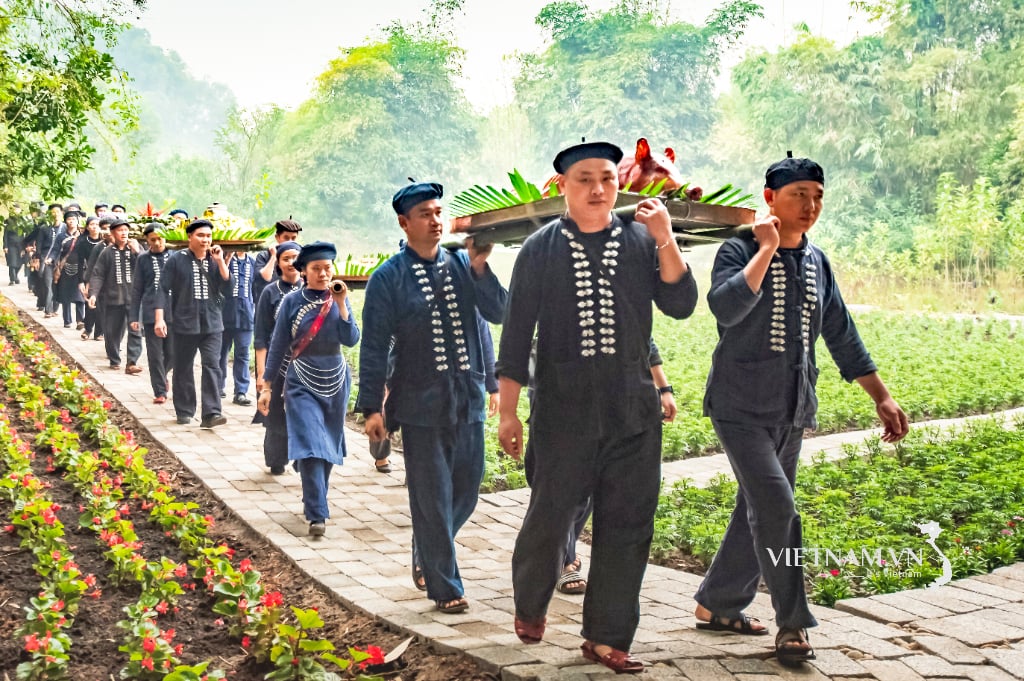

Comment (0)